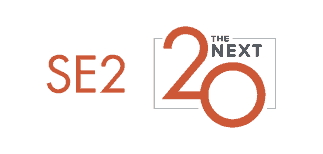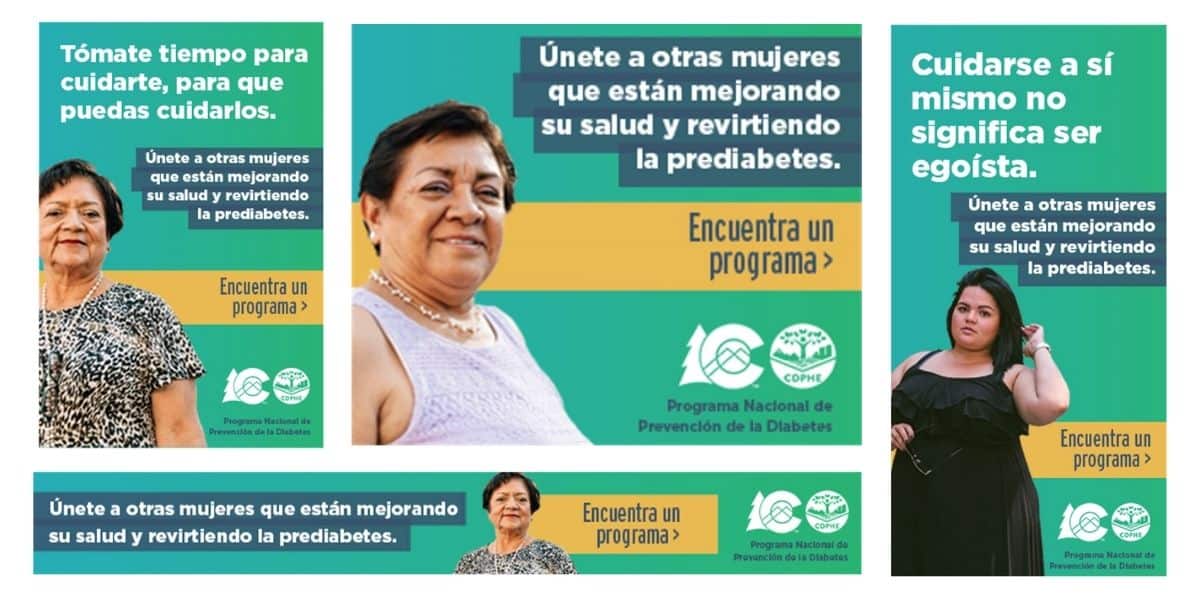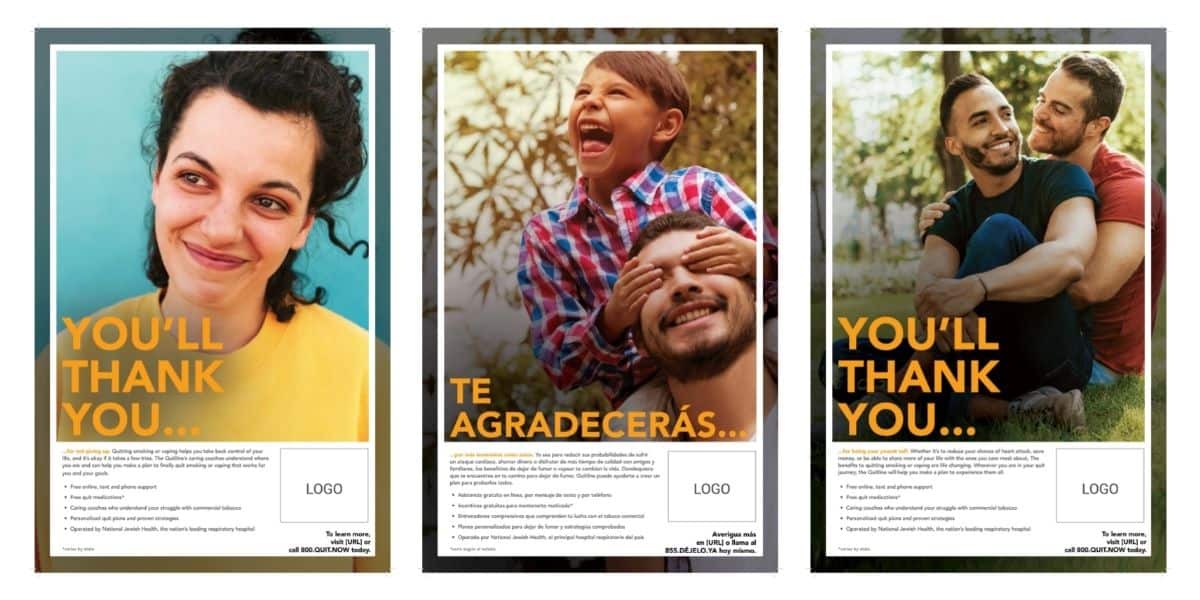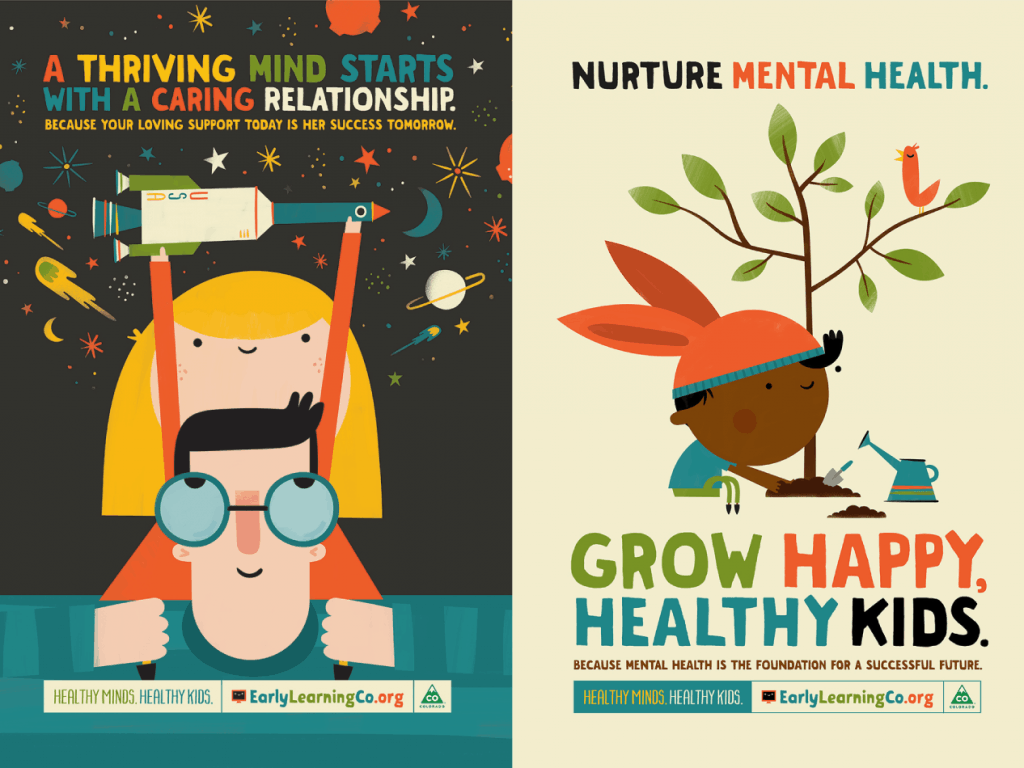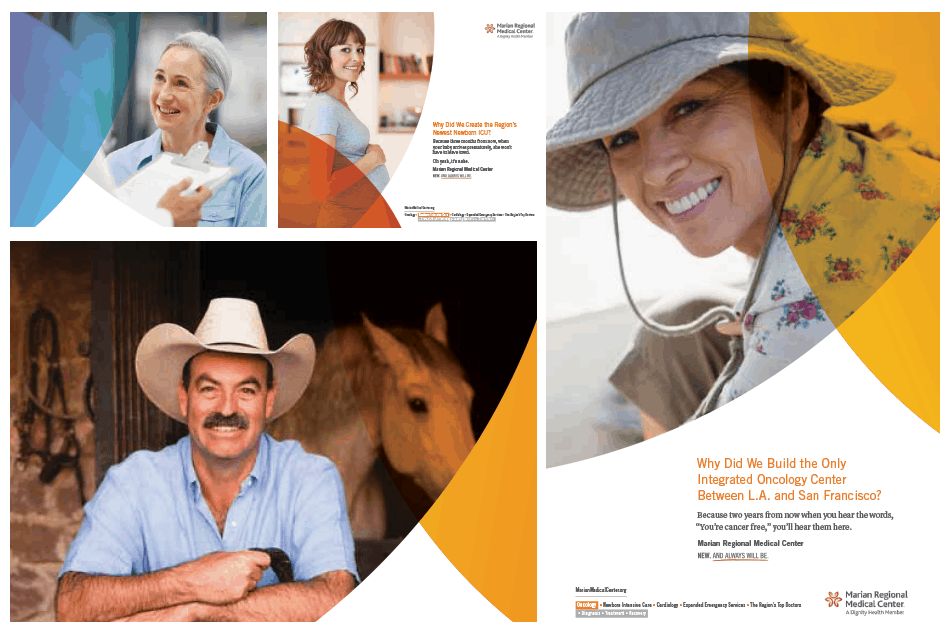
Kelly Brough is president and CEO of the Denver Metro Chamber of Commerce, which represents 3,000 companies and their 300,000 employees. Previously she directed an internationally recognized leadership program, served as chief of staff to then-Mayor John Hickenlooper and was the first female director of human resources for the City and County of Denver.
SE2: What is the biggest challenge that you think chambers of commerce face today as they strive to remain vital and relevant to their members and to the communities where they operate?
Brough: We’re a 150 years old now, so you can imagine this question has had to be asked a lot during that 150 years. Robert D. Putnam’s Bowling Alone highlights that recent generations are less joiners.
I think our edge in that regard, as a membership organization, is in our history. I think we’ve relied significantly upon our members to guide us and tell us what the priority is: What’s most important from their perspective, what are their insights about challenges or opportunities. I think that has made us more nimble and flexible, so we’re highly responsive to our members saying, “I want this, and I don’t want that.”
I would say that our members tell us that relationships matter more than anything else to them and their success, so they constantly ask for opportunities to connect with other businesses. Our members tend to be business-to-business operators. That means they need to talk and meet with each other to advance their work and their companies. So they love networking and connecting. They still value a handshake, and I think technology allows them to work more efficiently, but not exclusive of those personal relationships. I think that also helps make sure we add meaning and value because they are so relationship based.
Sitting at home or on LinkedIn, they’re only seen on the surface. Where the opportunities are is when they get to know each other. Then they see much deeper, much more creative, much more innovative opportunities. I think we’ve created a place where that can happen, in a meaningful way and actually in a rewarding way.
SE2: How do you expect that the ways that you communicate at the Denver Metro Chamber will change in the next five, 10 or 20 years?
Brough: Technology will continue to advance the speed of communication. The challenge, I think, is the relevancy of communication, and I think that challenge will only get greater as we go forward. I would say in the last decade it’s been the number one challenge of communication.
To me, the way you break through the noise is you’re more relevant than what anybody else is sharing. You’re more concise and focused, and at the same time, not so narrow that you’re not expanding people’s minds or understanding or view of the world.
I really think this is the challenge of the future, and I think it has as much less to do with just the Chamber. I think it has to do with how we solve problems and come together as a society and a world to address some of our greatest challenges.
SE2: We talk a lot about the media these days being increasingly Balkanized, and that is potentially pushing people away from each other in terms of divisiveness and politics. Do you think that organizations like the Chamber can use communications to pull people together, or at least open people’s minds to other perspectives?
Brough: I don’t mean to be too philosophical or overstate the role we play, but with 3,000 members, none of them see the world the same. All of them have very different priorities, views, backgrounds and political affiliations. I do see our job to, in some way, introduce them to an idea, a concept, a policy, a strategy that could be way outside their understanding of the world, their wheelhouse, what they might think is the right solution and invite them to explore with us solutions to address those issues. I think out of necessity, we’re in a position where we have to find ways to communicate that are not divisive, that are based on real meaningful data and analysis, that invite challenges to it. What will continue to ensure this organization survives is the degree to which we can do that, respecting very different opinions, finding a path forward that we can all share and agree is the reasonable path forward.

About the Author:
Eric Anderson (he/him) began his career as a newspaper reporter in Washington, D.C., Hong Kong, and Denver before co-founding SE2 in 1998. He has helped guide marketing and communications campaigns on some of the era’s most pressing issues, from public health to education to the environment. He lives in Englewood, Colorado with his wife, Amber. Together they have four adult children, two dogs, and one cat.

